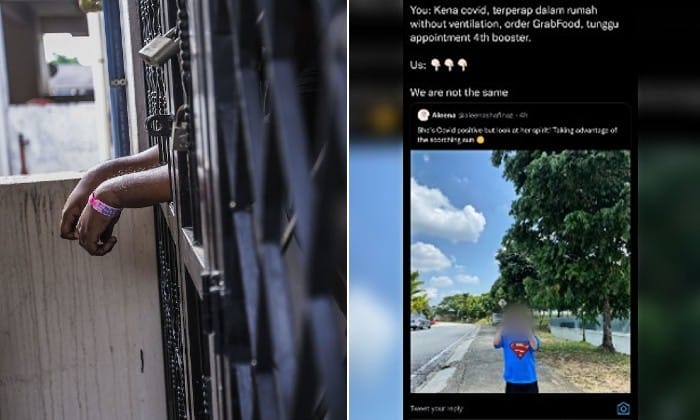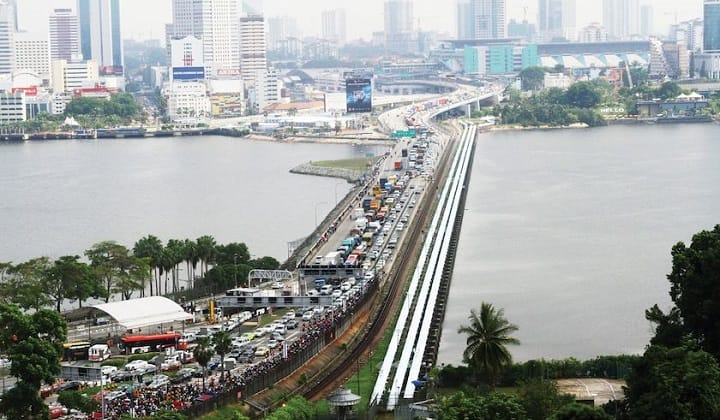The Never Normal Is Here, And Here’s How We Can Survive It
The key to survival is your willingness to be flexible.
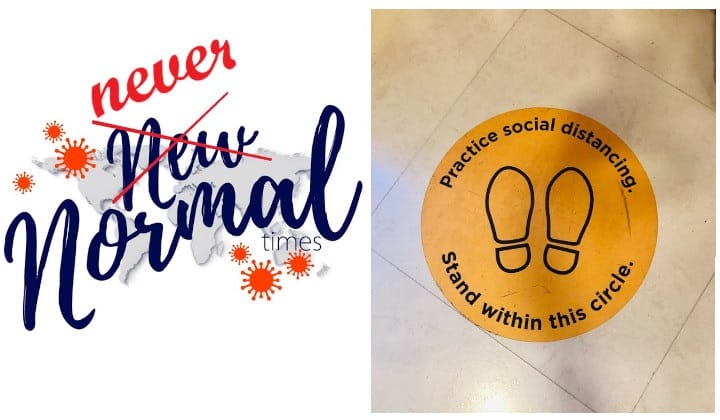
Subscribe to our Telegram channel for the latest stories and updates.
The phrase buzzing around since the early months of the pandemic has been the “new normal”. When Covid-19 came unannounced in early 2020, we were unprepared. It drastically changed our lives, how we work, and how we interact with one another.
But after a year and a half into it, is it still worthy of being “new”?
To better explain the new “new normal”, TRP spoke to Melanie Cook, a self-proclaimed futurist, systems thinker, educator and APAC’s managing director at global learning provider, Hyper Island. She is also a highly sought after speaker who has been invited to speak at DMEXCO, SXSW, SXSWEdu and TEDx.
Introducing the “Never Normal”

Although not officially trademarked, when TRP spoke to Melanie Cook, the phrase popped up many times that we had to ask whether it was something she came up with, to which she sheepishly giggled and proudly admitted:
Yeah, that’s ours. In a moment of ‘holy sh*t’, this is not going away.
It then left us to think about our present situation, because face it, nothing will ever be normal again, and the only way to move forward is to embrace and pivot.
Disruptions at a crucial time in our lives
The term ‘never normal’ comes at a crucial time in our lives, particularly for Malaysians who are going through an economic, and to a point political, leadership shift.
Melanie, who is half Malaysian and shares the sentiments we are all going through, tells us what she thinks is causing the disruption.
It’s in decision-making. It’s a huge disruption, and it’s not talked about enough.
She says it’s not only about the speed of decision making, but about how we are to make them with no past knowledge or benchmark regarding the never normal.
What we are experiencing now has no benchmark because we’ve never had to live through a global pandemic this life-changing.
Decision making in this benchmark-lite world is the biggest disruption and is the underlying factor that is causing possible mental health issues, prioritisation issues between work and life balance or work in life integration as I call it now, with issues around businesses opening and closing, new operating models and it boils down to making decisions with no benchmarks. It’s pretty scary, to be honest.
At this point, Melanie’s gone off on a series of metaphorical examples but stops half way to ask whether I’d prefer her to be less conversational or a little more direct.
I chose the former because open conversations often lead you to different issues and in essence, captures what the never normal is.
Change starts in the middle
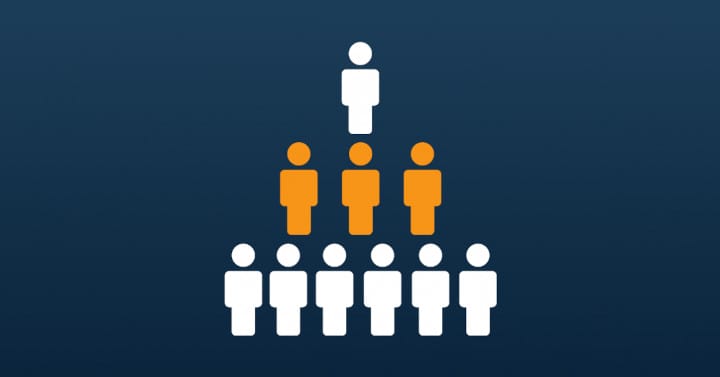
Melanie uses the patriarchal hierarchy way of running things as an example of how things need to “sway” and likens it to how buildings in Hong Kong are built to sway to meet typhoon safety regulations or else they would just topple over.
A patriarchal hierarchal society is like a very fragile structure and the foundations of leadership are being shaken. Those vibrations are coming from the very people that have put the leaders in the positions they are in.
Despite popular belief that change starts from the top, it is middle management, sandwiched between changemakers at the bottom shaking things up and the ones demanding the change at the top, that are most likely to make the change.
With that insight, leaders need to understand how to create agile, malleable, and flexible organisations with many exits or else you’re not going to survive.
Surviving the never normal
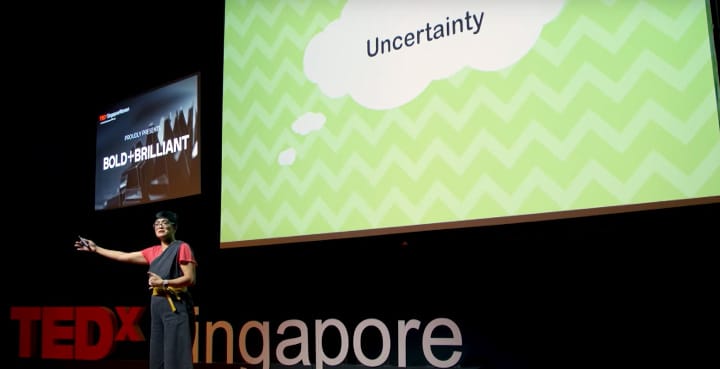
(Credit: TedxTalks / YouTube)
Considering how Melanie calls herself a tech humanitas, someone who encapsulates loving what makes us human with education and hope, her approach to surviving the never normal is in three key takeaway points that work in tandem with each other.
- Dialectic thinking – A concept to be able to take in many different perspectives and process it to come up with actions on how to proceed.
- Experimental mindset – Through this mindset, we are able to grasp the concept of dialectic thinking by remembering to innovate, question, change, and pivot as we go.
- Scenario planning – This one has many factors to it which we could go to lengths to dissect but essentially Melanie says, “it’s when we look into the deeper drivers of behaviour and extrapolate and imagine what that means and therefore what our plan should be if extrapolation A vs B vs C should happen.”
Essentially, dialectic thinking is the concept to follow by having an experimental mindset which then enables you to do scenario planning.
But how can you achieve that kind of thinking?
There are many ways but in short it’s about the desire to learn, be open and plan based on scenarios.
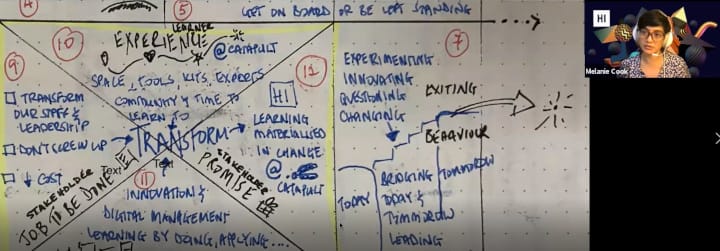
Vertical vs horizontal learning
Once you’re open to expanding your mind, decide whether you’d like to follow the path of vertical or horizontal learning.
In a time where unemployment is at an all-time high, people are exploring the idea of changing careers to keep abreast. But what suits you?
For example, vertical learning is about developing competencies and a straightforward career change from a writer to a software engineer would benefit from it.
Horizontal learning on the other hand is about challenging the way you think through experiential learning and is something that Melanie’s institution Hyper Island infamously offers.
To put things in perspective, instead of starting from the ground up again, why not use what you already know and develop it through horizontal learning to balance that shift that is so crucial in the never normal.
Why? Because if you don’t change, the change will happen to you and not with you.
Share your thoughts with us via TRP’s Facebook, Twitter, and Instagram.
Former advertising mad woman - turned mother to an amazing little girl born 3 months early - and now a returned writer. Also a textbook ambivert with no clue about today's pop music but a walking encyclopedia of music from the 80s and 90s.




